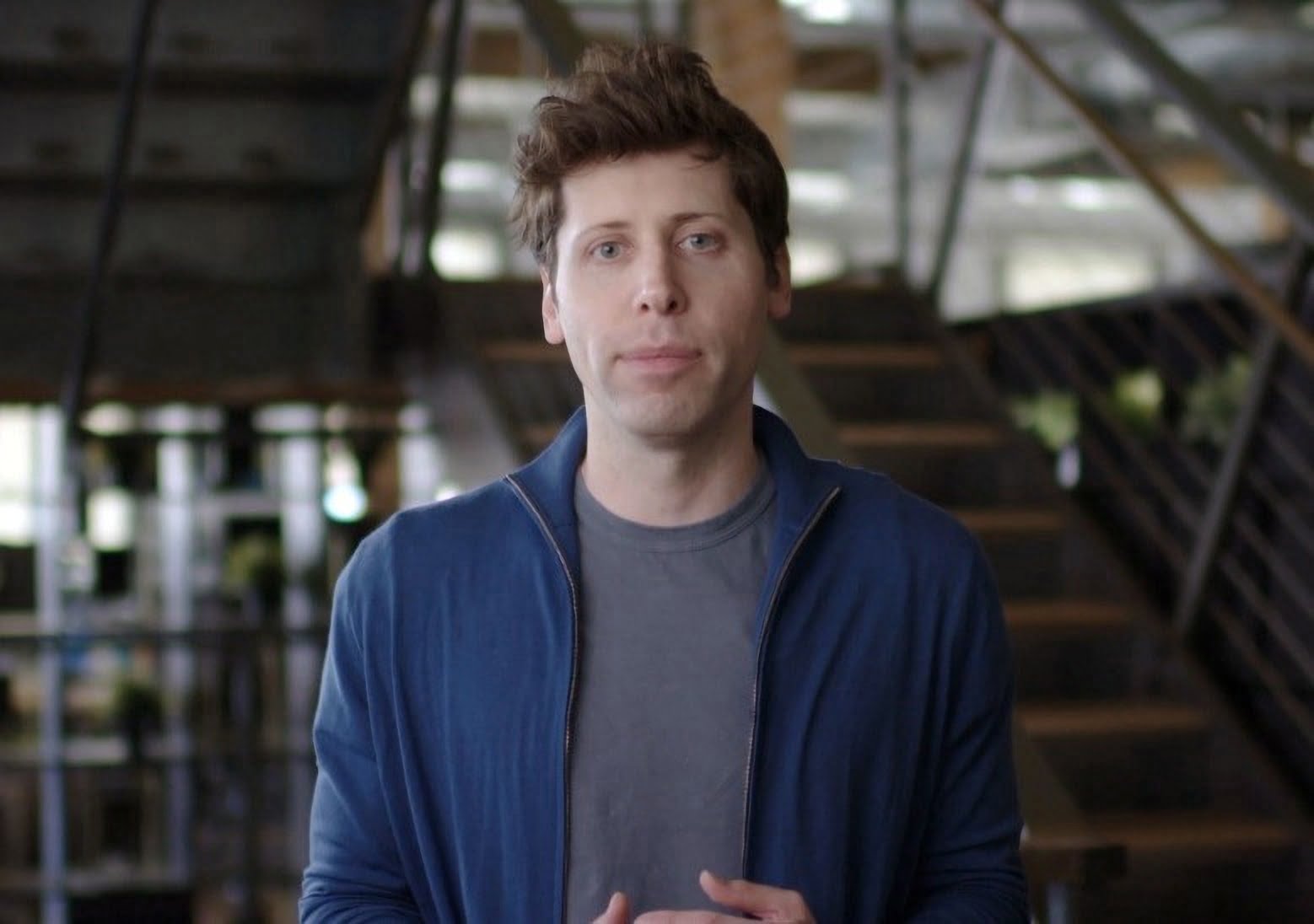GPT-5 is "nowhere close," says OpenAI chief Sam Altman

Update June 8, 2023:
At an Economic Times event in India, OpenAI CEO Altman reiterated that GPT-5 is far from ready for training. He said there is "a lot of work to do before GPT-5" that will take "a lot of time."
OpenAI, he said, is looking at new ideas for GPT-5 that they think are needed, but they are not yet at the point where they can start concrete work on GPT-5. Altman specifically mentioned safety audits. He could not or would not give a specific timeline for GPT-5. "We are nowhere close to it," Altman said.
Update May 16, 2023:
At a U.S. Senate hearing, Altman said that OpenAI currently has no plans to train the new model, which will become GPT-5, within the next six months.
This, in turn, should mean that Google will have its most powerful AI system to date, Project Gemini, later this year: Gemini is said to be multimodal from the ground up, highly efficient at integrating tools and APIs, and designed for future innovations such as storage and scheduling. It will be used across a wide range of products, applications, and devices. Gemini is being developed by Google's new Google Deepmind team.
Original post on April 14, 2023:
OpenAI CEO Sam Altman addresses the famous "AI pause" open letter signed by many prominent figures in research and industry. He also provides an update on GPT-5.
An open letter from the Future of Life Institute, a non-profit organization whose mission is to avert existential threats to humanity, called for a six-month pause to come up with rules. The letter generated a lot of discussion and was certainly valuable in that sense, but despite some prominent signatories like Yoshua Bengio and Elon Musk, it is unlikely to result in a pause. Nevertheless, GPT-5 is not yet in the starting blocks.
GPT-5 isn't in training yet
At an event on AI in business at MIT featuring tech podcaster Lex Fridman, OpenAI researcher Andrej Karpathy, and physicist Stephen Wolfram, OpenAI CEO Sam Altman spoke via video livestream.
Altman addressed the open letter: An earlier version of the letter incorrectly claimed that GPT-5 was already in training, Altman said. But OpenAI is not yet training GPT-5 and does not plan to do so "for some time," Altman noted.
Instead, he said, GPT-4 still has safety issues to resolve that are not addressed in the letter. "We are doing other things on top of GPT-4 that, I think, have all sorts of safety issues that are important to address and were totally left out," Altman said.
Today at MIT: Sam Altman and Lex Fridman round 2 whereby Sam confirms that there is no gpt5 in the works and responds to the letter calling for a 6 month halt in AI. @sama @lexfridman @MIT pic.twitter.com/vajkoFuSMQ
— Amy Robinson Sterling (@amyneurons) April 13, 2023
Altman's statement is at odds with a February Morgan Stanley analysis in which the bank used Nvidia financial data on graphics card sales to claim that GPT-5 training had begun.
OpenAI must first get a grip on GPT-4
By "other things on top of GPT-4", Altman probably means ChatGPT plugins, which provide GPT-4 with Internet access, extended code capabilities, and numerous new applications. In addition, OpenAI is likely to release new and better versions of GPT-4 occasionally, as it did with GPT 3.5. We know that there is a version of GPT-4 that can handle images and up to 32K tokens, which is currently only available to select people.
The introduction of the plugins also emphasized that OpenAI is thinking far beyond text generation for its language models: Plugins extend the capabilities of language models with tools for images, code, web access, or search, to the point where the model can serve as a language interface for solving many tasks. OpenAI's study of the impact of large language models on the labor market refers specifically to language models with access to tools.
In short, OpenAI has big plans for GPT-4. The language model could become an ecosystem, and the economic and social impact could be significant. With no economic, technical, or regulatory foundation yet in place, OpenAI has little reason to rush GPT-5 to market.
In addition, OpenAI has yet to address significant privacy concerns about GPT-4, at least in Europe. The Italian privacy watchdog Garante has given OpenAI until the end of April to comply with GDPR.
AI News Without the Hype – Curated by Humans
As a THE DECODER subscriber, you get ad-free reading, our weekly AI newsletter, the exclusive "AI Radar" Frontier Report 6× per year, access to comments, and our complete archive.
Subscribe nowAI news without the hype
Curated by humans.
- Over 20 percent launch discount.
- Read without distractions – no Google ads.
- Access to comments and community discussions.
- Weekly AI newsletter.
- 6 times a year: “AI Radar” – deep dives on key AI topics.
- Up to 25 % off on KI Pro online events.
- Access to our full ten-year archive.
- Get the latest AI news from The Decoder.